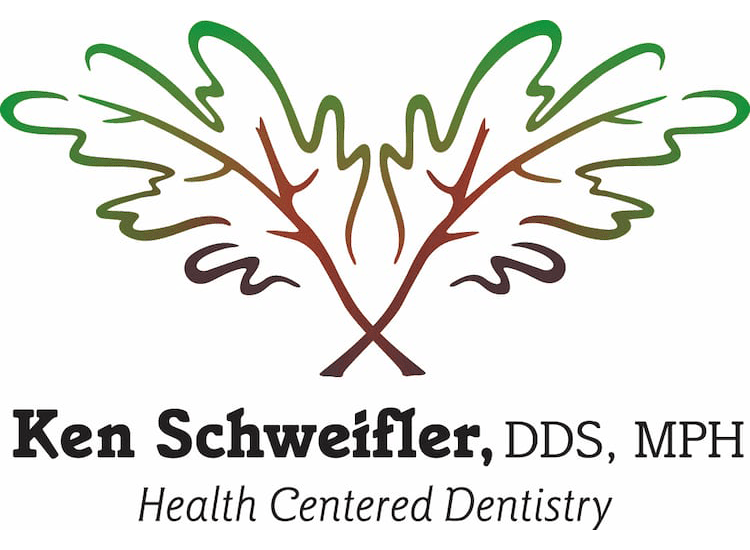If you have a tooth that has endured structural damage, your dentist will likely restore it using a dental crown. This ceramic cap covers a vulnerable tooth, shielding it from further harm and improving both its function and appearance.
The caps are designed to withstand the everyday wear and tear of your natural teeth, but accidents can happen to the best of us. Abnormal pressures could cause a crown to break or dislodge. If this should occur, the exposed tooth could be at risk of developing major problems. Read on to learn which actions you should take if you suffer damage to your dental crown.

Call Your Dentist As Soon As Possible
If your dental crown falls off of your tooth or cracks, do not ignore this problem. A broken dental crown means that the underlying tooth is no longer sealed and protected.
When your dentist gives you a dental crown, they first prepare the affected tooth by removing a minute amount of enamel to make room for the cap. Without the shield of the crown, the inner layers of the tooth are open to plaque and other external threats.
You might experience uncomfortable symptoms like tooth sensitivity pain. Even if you do not feel pain, you should call your dentist as soon as you can. This exposure will put your oral health at risk. The office can offer advice for your unique scenario over the phone.
Schedule an Emergency Dentist Appointment
Your dentist will likely suggest during this phone call that you come to their office for an emergency appointment. Bring your damaged dental crown with you to this visit as it might be utilized again.
During this visit, your dentist will examine the affected tooth as well as the surrounding areas of your mouth for signs of additional damage. If the crown is intact, they will place and seal it back over the tooth.
You may need your dentist to make a new crown if the old one underwent too much breakage. In this case, your dentist can give you a temporary crown to protect the tooth while the dental lab creates a permanent one.
Avoid Future Damage to Your Dental Crown
With a crown back in place over your tooth, you will want to take measures to avoid this type of dental emergency from happening again. You can keep your smile as well as your dental work healthy with good oral hygiene habits.
You should also avoid exerting abnormally high amounts of pressure on your smile so that you do not inadvertently break a dental crown. This means you should not bite down on hard items like ice or fingernails.
Let your dentist know if you have a habit of grinding or clenching your teeth. This behavior, known as bruxism, generates pressure that could hurt a dental crown. If you grind your teeth as you sleep, your dentist might give you a custom-made mouthguard to cushion your smile and dental work and prevent harm.
